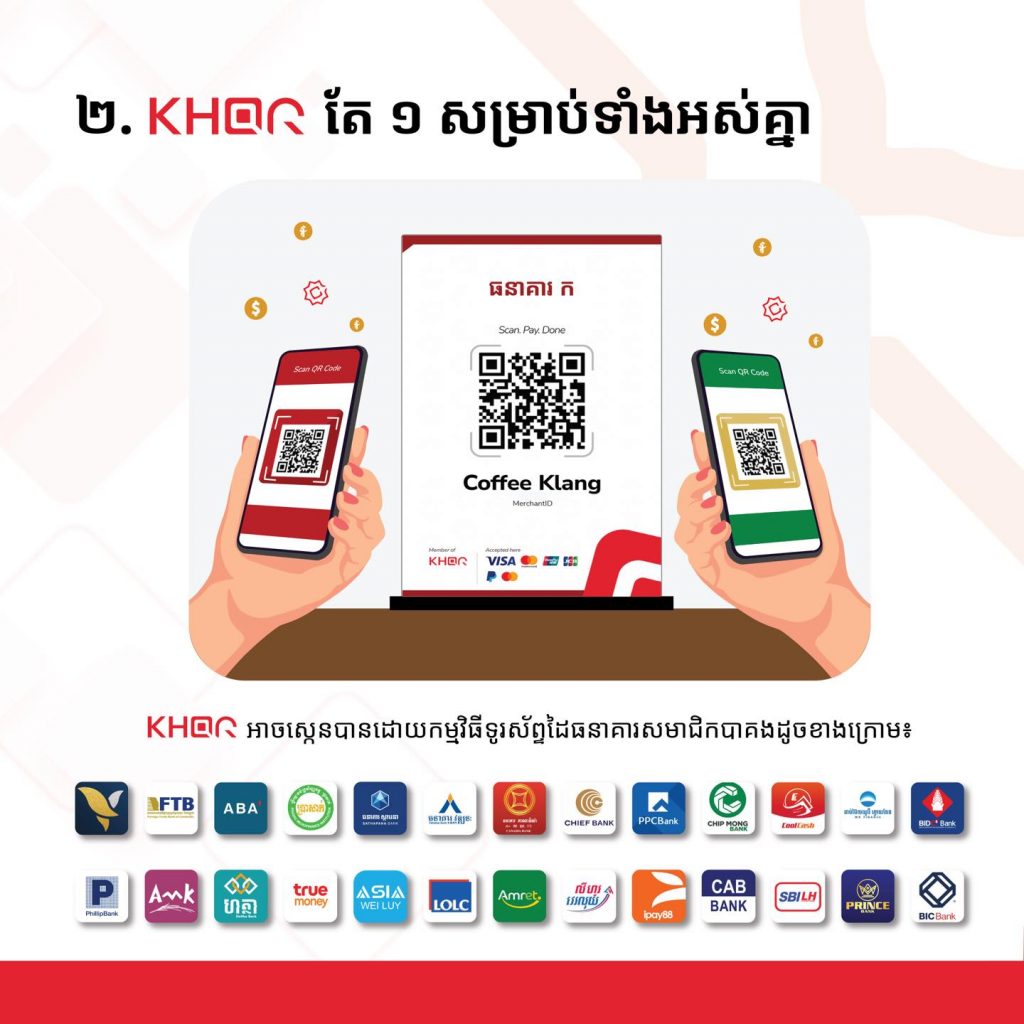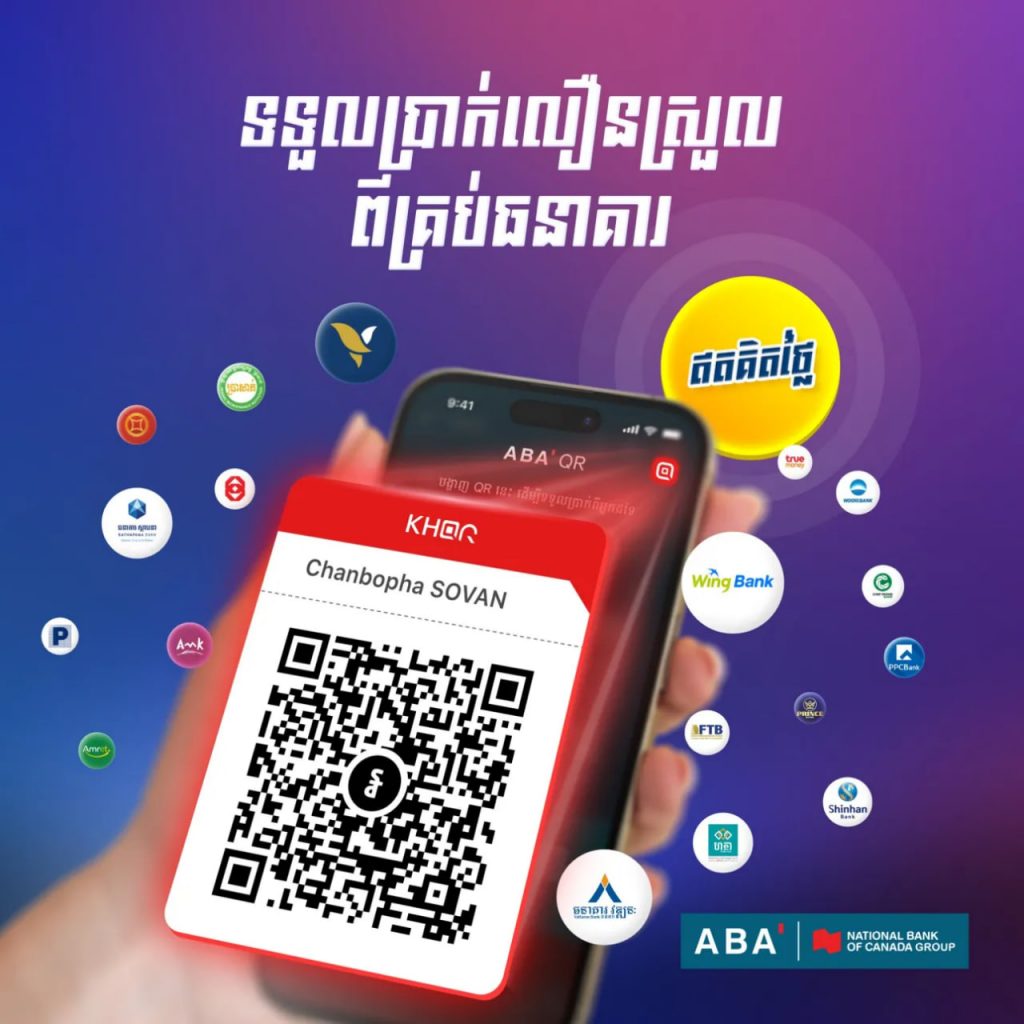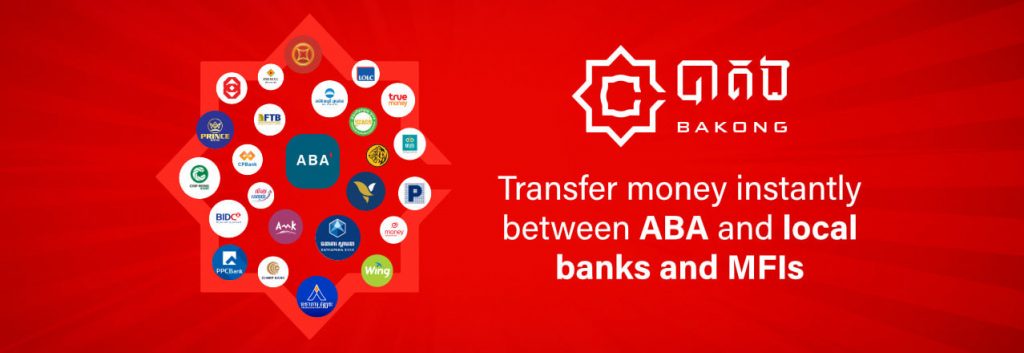If you’re traveling through Cambodia, you might assume that your trusty Visa or Mastercard will get you by. Think again. Cash may still be king in the provinces, but in cities like Phnom Penh and Siem Reap, QR Code in Cambodia have become the dominant way to pay for just about everything. From street food stalls to high-end restaurants, digital transactions are the new norm, and if you don’t have a QR payment app, you’re going to be left scrambling.
Table of Contents
The Rise of QR Code in Cambodia Payments
Cambodia has leapfrogged traditional banking systems straight into the digital age. The rise of mobile banking apps like ABA Bank, Acleda Bank, and Wing means that QR payments are accepted almost everywhere, from tuk-tuk drivers to convenience stores. The National Bank of Cambodia even developed its own system, Bakong, a blockchain-based mobile payment platform designed to unify different banking apps.
This shift to digital payments is largely inspired by China’s model, where WeChat Pay and Alipay dominate. In fact, if you’ve used WeChat Pay before, you’ll feel right at home using Bakong or ABA’s QR system in Cambodia. The difference? Cambodia’s system is more fragmented, with multiple banking apps supporting QR payments rather than one single ecosystem.

Why Foreigners Need to Use QR Payments in Cambodia
If you’re used to tapping your card at home, you’ll quickly realize that many businesses in Cambodia don’t accept Visa or Mastercard—especially smaller shops, food vendors, and even some mid-range hotels. Cash is still an option, but QR payments are often more convenient, safer, and widely encouraged.
Without a local bank account, you won’t be able to use ABA or Acleda mobile banking apps to pay. However, there are still ways to make QR payments work for you.
How to Set Up QR Payments in Cambodia as a Foreigner
1. Use a Multi-Currency Digital Wallet
Apps like Revolut, Wise, or YouTrip allow you to transfer funds to local Cambodian banks and make QR payments. However, setting this up requires a bit of planning ahead.
2. Get a Local Bank Account (If Staying Long-Term)
Expats or long-term travelers can open an account with ABA Bank or Acleda Bank. You’ll need a passport, visa, and proof of residence, and once set up, you can use their apps for seamless QR transactions.
Click to read about banks in Cambodia.

3. Cash In and Pay via Wing or Bakong
Some money exchange services or Wing outlets allow foreigners to deposit cash and make QR payments through the Bakong app, which links multiple banks together.
Where Can You Pay with QR Code in Cambodia?
Just about everywhere in major cities:
- Street Food Stalls – Vendors selling everything from banh mi to grilled meats will often display a QR code for payment.
- Tuk-Tuks & Ride-Sharing Apps – PassApp and Grab allow QR payments, making it easier to get around without needing cash.
- Restaurants & Cafés – Many mid-range to high-end eateries rely solely on QR payments.
- Supermarkets & Convenience Stores – Most Aeon, Lucky Supermarket, and Mini Mart branches take QR payments.
- Hotels & Hostels – Some smaller guesthouses only accept cash or QR transactions.
The Future of QR Payments in Cambodia
QR payments are set to expand even further, with more integration between international banks and Cambodia’s Bakong system on the horizon. If you plan to visit, learning how to navigate QR Code payments in Cambodia is just as essential as knowing how to order a beer in Khmer. Adapt now, or risk being that clueless tourist holding up the queue with a useless Mastercard.

Final Tip: Bring Some Cash—Just in Case
While QR payments are the future, always carry some riel or USD for emergencies, especially when traveling to rural areas where digital payments haven’t fully taken over yet.
Click to read about our extensive Cambodia Tours programs.





